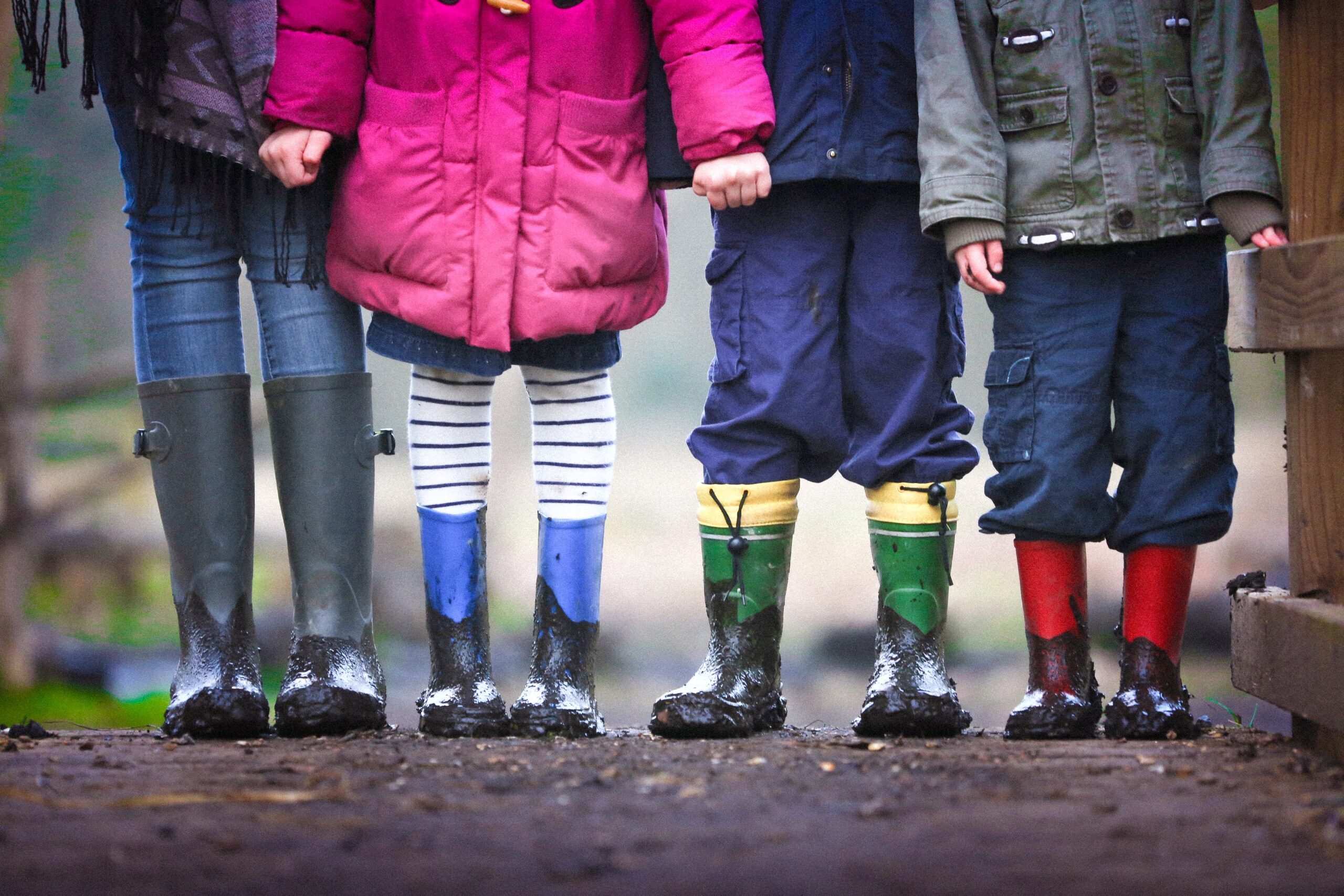
30 Nov 7 Tips for Talking to Children After a Traumatic Event
Traumatic events can leave children feeling confused, frightened and isolated. Whether children have experienced the event in person, viewed it on television, or heard about it, it is important to make yourself available to your child.
- Provide ongoing opportunities for children to talk. Consistently checking on their feelings can help them feel validated and connected. They probably will have more questions as time goes on. It is okay to tell them you may not be able to answer all their questions.
- Use this as an opportunity to establish a family emergency plan (fires, tornado, community violence, etc.). Feeling that there is something you can do may be very comforting to both children and adults.
- Help children understand that there are no bad emotions and that a wide range of reactions is normal. Encourage expressing feelings through art, music, or writing.
- Encourage children to express their feelings to safe adults (including teachers and parents) who can help them understand their sometimes strong and troubling emotions.
- Be careful not to scapegoat or generalize about any particular cultural or ethnic group. Try not to focus on blame.
- In addition to the tragic things they see or hear, help children identify good things, such as heroic actions, families who unite and share support, and the assistance offered by people throughout the community.
- When talking isn’t enough for some children, more active interventions may be required. The family, as a unit, might consider counseling.
Gathered information from: https://www.samhsa.gov/sites/default/files/tips-talking-to-children-after-traumatic-event.pdf

